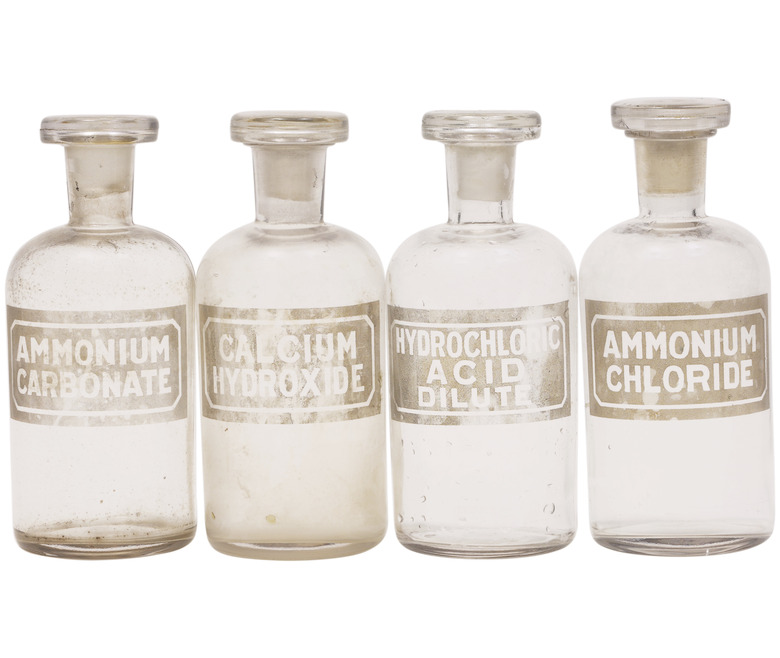What Are The Advantages Of HPLC Over GC?
Chromatographic techniques are performed in scientific laboratories to separate chemical compounds from an unknown sample. The sample is dissolved in a solvent and flows through a column, in which it is separated by the attraction of the compound against the material of the column. This polar and non-polar attraction to the column material is the active force that causes the compounds to separate over time. The two types of chromatography used today are gas chromatography (GC) and high performance liquid chromatography (HPLC).
Mobile Carrier Phase
Mobile Carrier Phase
Gas chromatography vaporizes the sample and it is carried along the system by an inert gas such as helium. Using hydrogen produces better separation and efficiency, but many laboratories prohibit the use of this gas due to its flammable nature. When using liquid chromatography, the sample remains in its liquid state and is pushed through the column under high pressures by various solvents such as water, methanol or acetonitrile. Different concentrations of each solvent will affect the chromatography of each compound differently. Having the sample remain in its liquid state increases the stability of the compound.
Column Types
Column Types
Gas chromatography columns have a very small internal diameter and their length can range from 10 to 45 meters. These silica-based columns are coiled along a circular metal frame and heated to a temperature of 250 degrees Fahrenheit. Liquid chromatography columns are also silica-based but have a thick metal casing to withstand high amounts of internal pressure. These columns operate under room temperature and range from 50 to 250 centimeters in length.
Compound Stability
Compound Stability
In gas chromatography, the sample injected into the system is vaporized at about 400 degrees Fahrenheit before it is carried through the column. Thus, the compound must be able to withstand heat at high temperatures without breaking down or degrading into another molecule. Liquid chromatographic systems allow the scientist to analyze larger and less stable compounds because the sample is not subjected to heat.
Cite This Article
MLA
GaryNg, . "What Are The Advantages Of HPLC Over GC?" sciencing.com, https://www.sciencing.com/advantages-hplc-over-gc-6822919/. 24 April 2017.
APA
GaryNg, . (2017, April 24). What Are The Advantages Of HPLC Over GC?. sciencing.com. Retrieved from https://www.sciencing.com/advantages-hplc-over-gc-6822919/
Chicago
GaryNg, . What Are The Advantages Of HPLC Over GC? last modified March 24, 2022. https://www.sciencing.com/advantages-hplc-over-gc-6822919/
